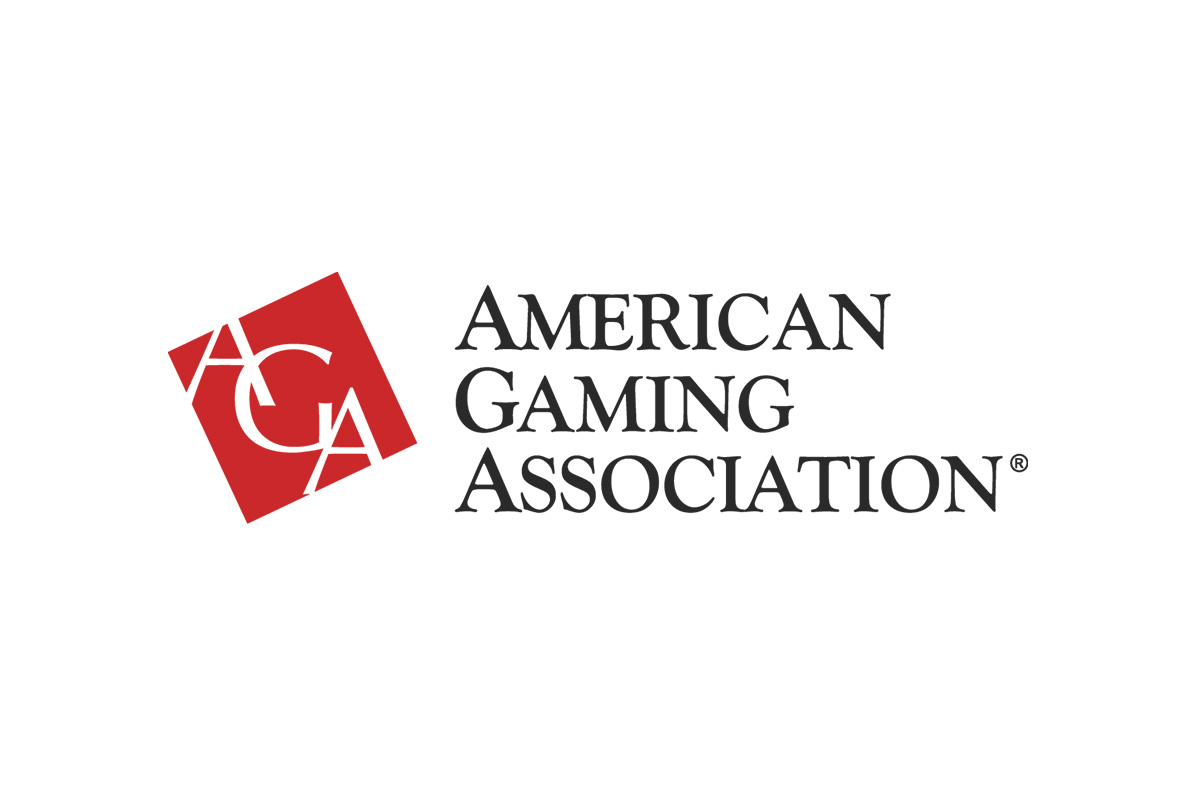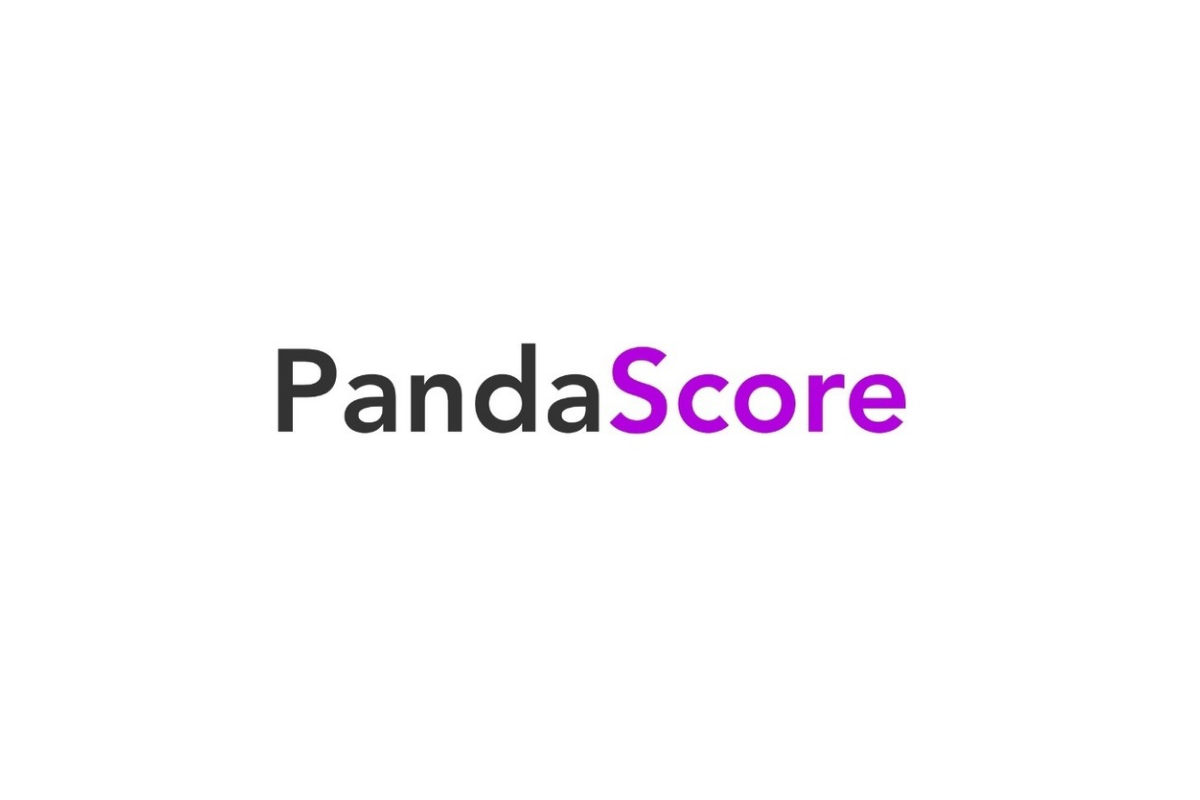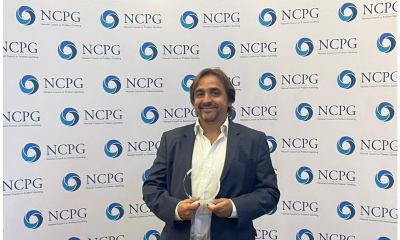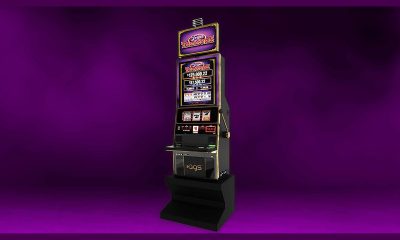Compliance Updates
Gaming CEOs Optimistic on Industry Outlook, Report Evolving Industry Challenges

Amidst an evolving economic landscape, gaming executives report a positive outlook on future industry business conditions while remaining satisfied with the current business environment, according to the American Gaming Association’s (AGA) Gaming Industry Outlook.
Nearly all gaming executives surveyed characterized the current business environment as good (44%) or satisfactory (50%), mirroring similar sentiment from Q3 2023. Meanwhile, executives are more optimistic about future conditions, with 32 percent of CEOs expecting business conditions to improve over the next six months, up from 20 percent in Q3 2023.
“Gaming’s record-setting growth over the last three years has set a new standard for industry success,” said AGA President and CEO Bill Miller. “However, as we enter a period of market normalization, continued investment and innovation in offering world-class, responsible entertainment experiences will be required to maintain industry momentum.”
Gaming Executive Panel
Gaming executives have become more positive in their views that overall balance sheet health will improve over the next 6 months (42% net positive), but they expect the pace of revenue growth (13% net negative) and new hiring (22% net negative) to slow. These expectations for decelerating growth have influenced expectations for increases in capital investment and gaming units in operation, with smaller net positive sentiments than before.
- In contrast to past Outlooks, gaming equipment suppliers are slightly pessimistic about the sale of gaming units for replacement use and new or expansion use (both 13% net negative). However, they remain optimistic about the pace of capital investment (38% net positive).
- Half of operator CEOs expect capital investments in hotels over the next year to be higher than normal, and compared to last fall, more also expect higher than normal levels of capital investment in meetings and conventions and table games (28%). Meanwhile, 44 percent of CEOs expect increases in food and beverage investment, down from 67 percent in Q3 2023.
These expectations are also informed by evolving macroeconomic challenges. Executives report that inflationary or interest rate concerns continue to be a major factor limiting operations (28%), but these have been overtaken by geo-political risk (34%) and uncertainty of the economic environment (34%) as the biggest limiting factors in the most recent Gaming Executive Panel.
Current Conditions Index
The Current Conditions Index of 102.8 for Q1 indicates solid annualized real economic growth in the industry of 2.8%. This includes gaming revenue, employment and employee wages and salaries. Notably, the Current Conditions Index shows gaming expanding faster than the overall U.S. economy which last week reported 1.6 percent GDP growth in Q1 2024.
Future Conditions Index
The Future Conditions Index stands at 102.2, indicating annualized industry economic activity, after controlling for underlying inflation, is expected to moderately increase over the next six months. This outlook reflects Oxford Economics’ forecast that the U.S. economy will slow during 2024 but avoid recession. Despite a projected economic slowdown, consumer survey results continue to indicate that more than one-third of adults expect to visit a casino during the next 12 months, consistent with prior quarter results.
About the Outlook
The AGA Gaming Industry Outlook is prepared biannually by Oxford Economics. It provides a timely measure of recent industry growth and future expectations. The Q1 2024 survey was conducted between March 28 – April 10, 2024. A total of 32 executives responded, including executives at the major international and domestic gaming companies, tribal gaming operators, single-unit casino operators, major gaming equipment suppliers, and major iGaming and/or sports betting operators.
Compliance Updates
IGSA Welcomes Sharp Vision as Silver Member

The International Gaming Standards Association (IGSA) has welcomed Sharp Vision as a new Silver member. Sharp Vision is a leading provider of regulatory turnkey solutions for gaming authorities.
“We are delighted to be a part of IGSA and we look forward to contributing to the advancement of best practices among regulators in the fast-growing gaming industry,” Damien Raymond, COO of Sharp Vision, said.
“IGSA is very excited to welcome Sharp Vision to our membership. We believe that IGSA Standards can enhance Sharp Vision’s products supporting regulatory authority oversight. We look forward to their participation in IGSA committees,” Mark Pace, President of IGSA, said.
Compliance Updates
PGCB Places Seven Individuals on Involuntary Interactive Exclusion List for Online Gaming Fraud

The Pennsylvania Gaming Control Board (PGCB) on Wednesday approved recommendations by its Office of Enforcement Counsel (OEC) for the placement of seven individuals on the iGaming Involuntary Exclusion List.
The online transactions that these seven individuals engaged in, totaling $27,168, were investigated by the Board’s Bureau of Investigations and Enforcement (BIE) and found to be fraudulent in two major respects:
- an individual used a fraudulent scheme to obtain an online account or accounts in another person’s name and identifiers, placed funds into these accounts utilizing other persons’ payment methods, and without engaging in any gaming activity, managed to have funds withdrawn from the fraudulently-established account or accounts directly into their own bank account; or,
- requested and received a refund for a disputed credit or debit card transaction from a card issuer even though that refund was fraudulent.
The specific fraudulent conduct of each individual is further described below:
- Created two separate online sports wagering accounts using the personal identification and credit cards of other individuals, and withdrew $300;
- Created 13 separate online casino-type games accounts using the personal identification and credit cards of other individuals, and withdrew $545;
- Created six separate online sports wagering accounts using the personal identification and credit cards of other individuals, and withdrew $1000;
- Created four separate online sports wagering accounts using the personal identification and credit cards of other individuals, and withdrew $1123;
- Created two separate online sports wagering accounts using the personal identification and credit cards of other individuals, and withdrew $1500;
- Illegally requested and received six chargebacks to a credit card associated with an online casino-type games account totaling $10,100;
- Created one online sports wagering account using the personal identification and credit card of another individual, and withdrew $12,600.
The Board’s actions in these matters stem from its commitment to keep individuals who have committed fraud from gaming online in Pennsylvania. The additions made bring to 37 the total number of individuals who are currently on the iGaming Involuntary Exclusion List.
The Board also placed four other individuals on its Casino Involuntary Exclusion List. The number of individuals currently on that list totals 1197 and stems from various reasons including theft, cheating, child endangerment disorderly conduct, and using counterfeit currency.
Compliance Updates
PandaScore secures their first US betting license, by entering Colorado

After a meticulous and measured research process in consultation with the needs of its clients, PandaScore has acquired a license to operate in the US state of Colorado.
Through the license, PandaScore has signalled its intentions in the US market: forging a supplier-led path to esports betting success in the US. Existing PandaScore clients can now enter the Colorado market, scale up their esports offering and build their future audience in the state’s esports-friendly regulatory framework.
Future clients can also be confident that working with PandaScore supports their growth strategy in the lucrative US market. The state’s esports-friendly regulatory framework serves as a solid foundation to cultivate an esports audience and take advantage of PandaScore’s innovative, revenue-driving products such as BetBuilder, player props and microbetting.
PandaScore selected Colorado as its first point of entry into US licensing thanks to the state’s large catalogue of esports titles and competitions that are eligible for regular betting, and the wide range of markets that can be offered. Additionally, the state’s flexible and innovation-friendly licensing regime makes it a strong market for PandaScore and its clients.
Securing the license also serves as proof of concept for the French esports supplier, PandaScore Legal Counsel Alexis Brunet noted that “securing the Colorado license is a strong signal of our intentions in the US and are serious about its potential. Esports in the United States is a fast-evolving regulatory environment, but it’s only going in one direction: expansion. We intend to provide our best-in-class products and services to our customers no matter where they are, and service one of the largest markets in the world.”
For PandaScore CEO Flavien Guillocheau, entry into Colorado in the US market was the natural next step in the company’s client-first, service-oriented approach: “For esports to succeed in the US, suppliers must lead from the front. Suppliers need to address the uncertainty around regulation which has held back operator investment and thus growth of the vertical.
“We’ve proven we know the market, get a license efficiently and do it in a way that puts operators first. We’re confident that if our clients are seeking entry into a given market, we can be completely straight with them, show them the viable pathway to success, and create the foundation and access they need to fully harness the potential of esports in one of its biggest consumer markets.”
-

 Latest News3 days ago
Latest News3 days agoFast Track Secures Landmark Deal with Suprema Group – Setting a New Standard in the Brazilian iGaming Market
-

 Gambling in the USA5 days ago
Gambling in the USA5 days agoBetBlocker Recognised for Outstanding Contribution to the Prevention of Gambling Harm at NCPG Awards 2024
-

 Latest News3 days ago
Latest News3 days agoLight & Wonder Expands Presence in Oregon with Additional Placements of KASCADA Dual Screen Multi-Games
-

 Industry News4 days ago
Industry News4 days agoPenn Entertainment to Lay Off About 100 Employees
-

 Latest News3 days ago
Latest News3 days agoRakin’ Bacon Sahara® Launches Exclusively in New Jersey at Hard Rock Hotel & Casino Atlantic City and online at Hard Rock Bet
-

 partnerships3 days ago
partnerships3 days agoGGPoker & Triton Poker Offer High-Roller And Super-High-Roller Events At 2024 WSOP Paradise
-

 Latest News3 days ago
Latest News3 days agobet365 Announces Official Launch in Pennsylvania
-

 Daily Fantasy Sports5 days ago
Daily Fantasy Sports5 days agoDraftKings Becomes Official Partner of the WNBA






